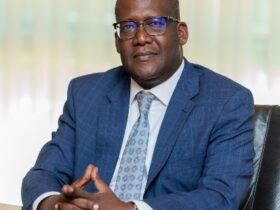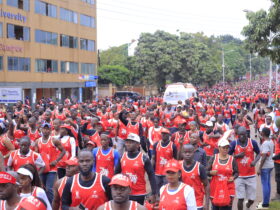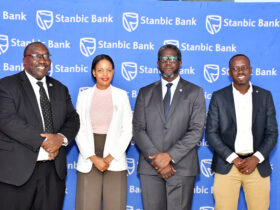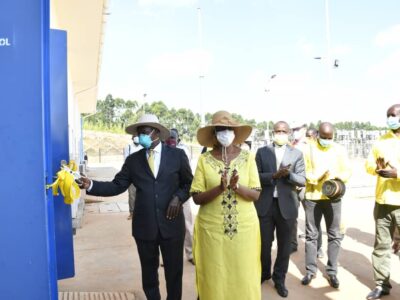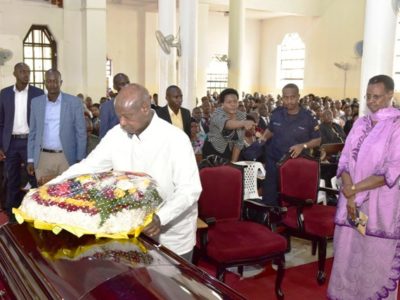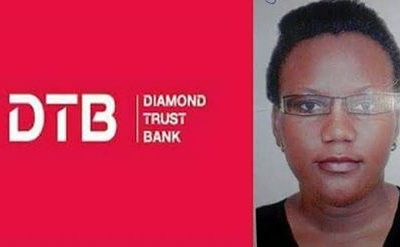Rebecca Alowo
Covid responses support a move towards fiscal decentralisation. Autonomy, self-governance, better planning, better implementation, revenue/tax collection and service delivery are released by fiscal decentralised.
Better district level fiscal allocation formula are established through fiscal decentralisation. Clearly defined roles and responsibilities, progressive decentralisation of sector functions, capacity building and Human Resources development for effective implementation and results based management is the trust of empowering local provinces and district.
Countries take on vigorous steps to revamp sectors and establish a comprehensive institutional framework for the management and development of the country’s resources. This has benefited and therefore incorporated commitments and desires expressed in national programs such as decentralization, privatization, emancipation and poverty eradication.
There has been a redefinition of the roles of the different stakeholder institutions with the central government creating an enabling environment for action by local governments, communities, and the private sector. A list of new districts in Uganda leaves some happy and others extremely vexed. Has it reduced bureaucracy?
The benefits of decentralizing out way the cons often discussed. Who wins, who loses? A case study of Mpigi and Wakiso who were the first to take on fiscal decentralization under IFMS in ministry finance showed that they were growing much faster than other districts.
When change has to be realized that is critical such as division of administrative boundaries and is contentious, often the policy is translated into local languages, simplified and disseminated through appropriate channels to demystify it. It’s like an animal. Globally decentralization is the general direction many countries have visited Uganda to learn how to fast track decentralization and sector wide participation in their countries. Uganda is actually a model in that regard.
Local government ministry probably has the material that can support decentralization already in local languages spoken say in Tororo district or Tororo town. Raising awareness on the division of municipalities and sub counties reduces the friction the issue raises.
Rebecca Alowo is a DEng student at Central University of Technology Free State South Africa. The writer also works as a Senior Consultant Research Studies at Quantum Executive Education. Occasionally the writer also free lances under Kenyonyozi properties.


